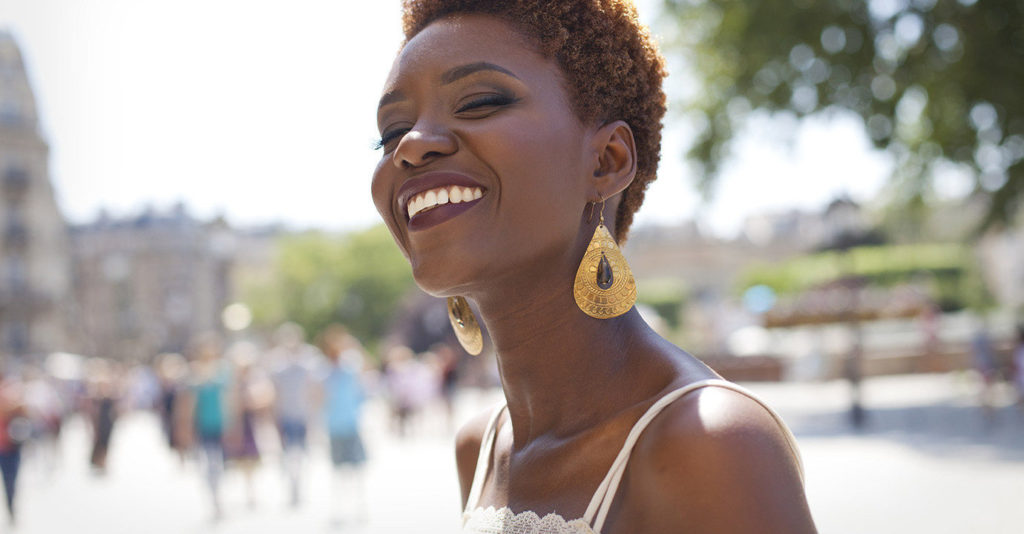
The 2018 African Film Festival at Washington University in St. Louis will not feature any movies about Wakanda, the fictional setting of the blockbuster “Black Panther.” But it will showcase Nigeria, Senegal and the Congo.
“Film is a great way to discover different cultures, and I love that many people have left ‘Black Panther’ curious about Africa,” said festival founder Wilmetta Toliver-Diallo, assistant dean in Arts & Sciences and senior lecturer in African and African-American studies. “The African Film Festival is a great place to learn more about the continent’s rich diversity and speak directly to some of Africa’s finest filmmakers.”
Set for March 23-25, the 13th annual African Film Festival will showcase seven films and feature French journalist and activist Rokhaya Diallo (no relation to Toliver-Diallo), who will discuss her film “From Paris to Ferguson: Guilty of Being Black.”
Here, Toliver-Diallo discusses this year’s lineup, the state of African cinema and what Wakanda gets right about the continent.
Is there an overarching theme to this year’s festival?
Though the films focus on African filmmakers, many of these films explore the idea of global blackness, a concept that is really on the minds of our students. You especially see that in “From Paris to Ferguson,” which ties movements against African immigrants in France to the experiences we have witnessed here.
Many leaders in Africa were distressed by the president’s description of the continent. How does the film festival counter that narrative?
Of course, there are so many different nations and cultures and experiences in Africa. It would be impossible to capture every aspect in a single festival. So, over time, we have tried to create a balance by showcasing life in the city, life in rural areas, comedies about relationships, dramas about politics. Many of our movies explore universal human emotions. But we also bring to light unique challenges that different cultures or countries are grappling with today. Take, for instance, the movie “Félicité,” which has won many awards for its stars and director. It tells the very universal story of a woman’s love for her son, but some of the hurdles she must overcome are particular to Congolese society. “Samedi Cinema,” a short from Senegal, really speaks to why we have this festival in the first place. It’s all about the love of film in Senegal, where there are many great emerging artists but too few places to see films. And “L’Orage Africain” parallels “Black Panther” — and reality — in that it tells the story of a resource-rich African nation threatened by exploitive corporations. Ultimately though, all of the movies share one characteristic — they are all made by talented writers, directors and actors.
As someone who is both an expert in African film and a frequent visitor to Africa, what did you think of “Black Panther”?
I loved it. The movie captures how the media has created this false perception of Africa as rural and poor and needy. It also offers an intriguing alternative to the concepts of wealth and power. But what I really liked is how the characters represented different cultures. And the music was terrific. If you’ve been coming to our film festival, you probably were familiar with the sounds of “Black Panther.”
Comments and respectful dialogue are encouraged, but content will be moderated. Please, no personal attacks, obscenity or profanity, selling of commercial products, or endorsements of political candidates or positions. We reserve the right to remove any inappropriate comments. We also cannot address individual medical concerns or provide medical advice in this forum.